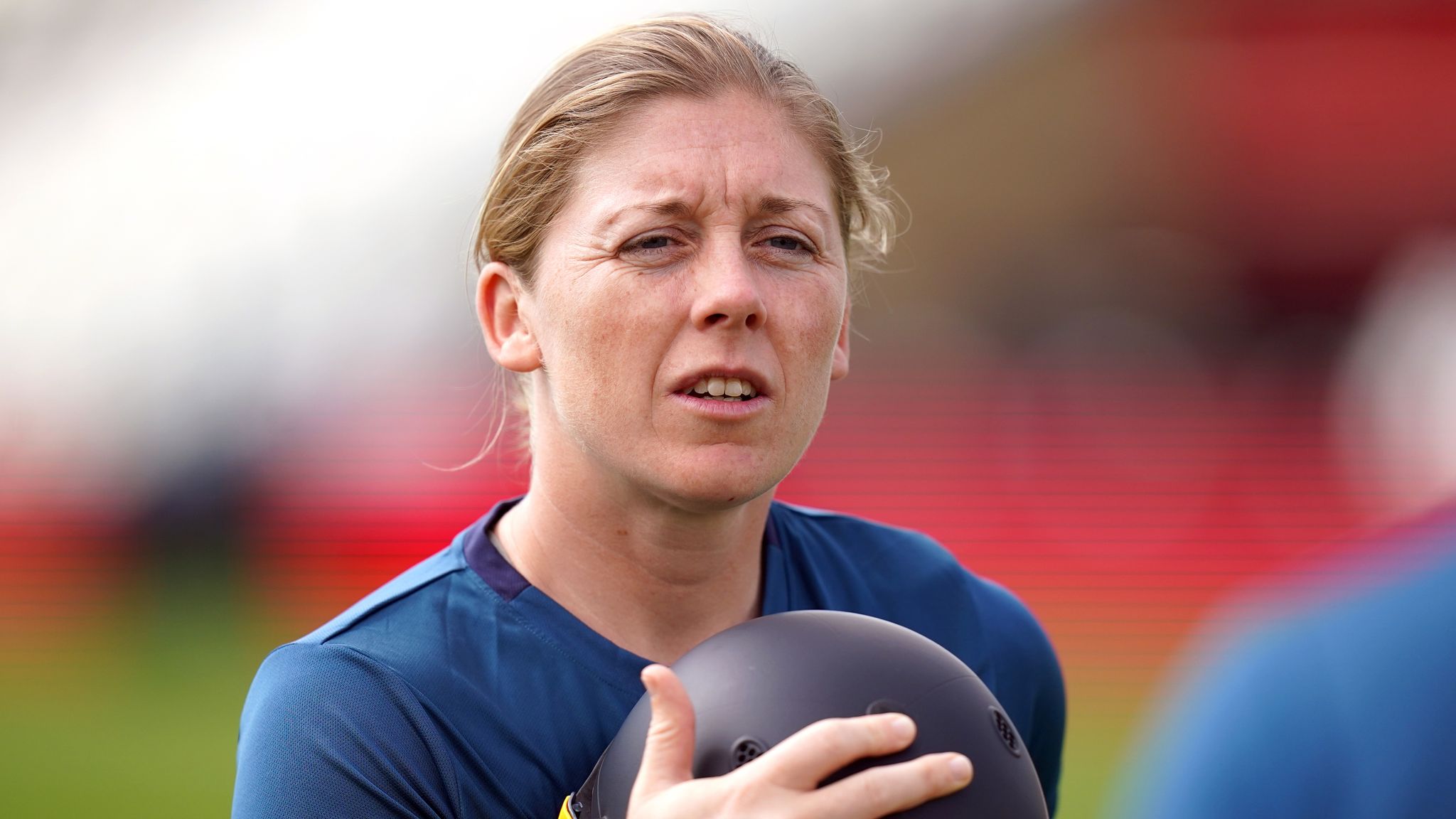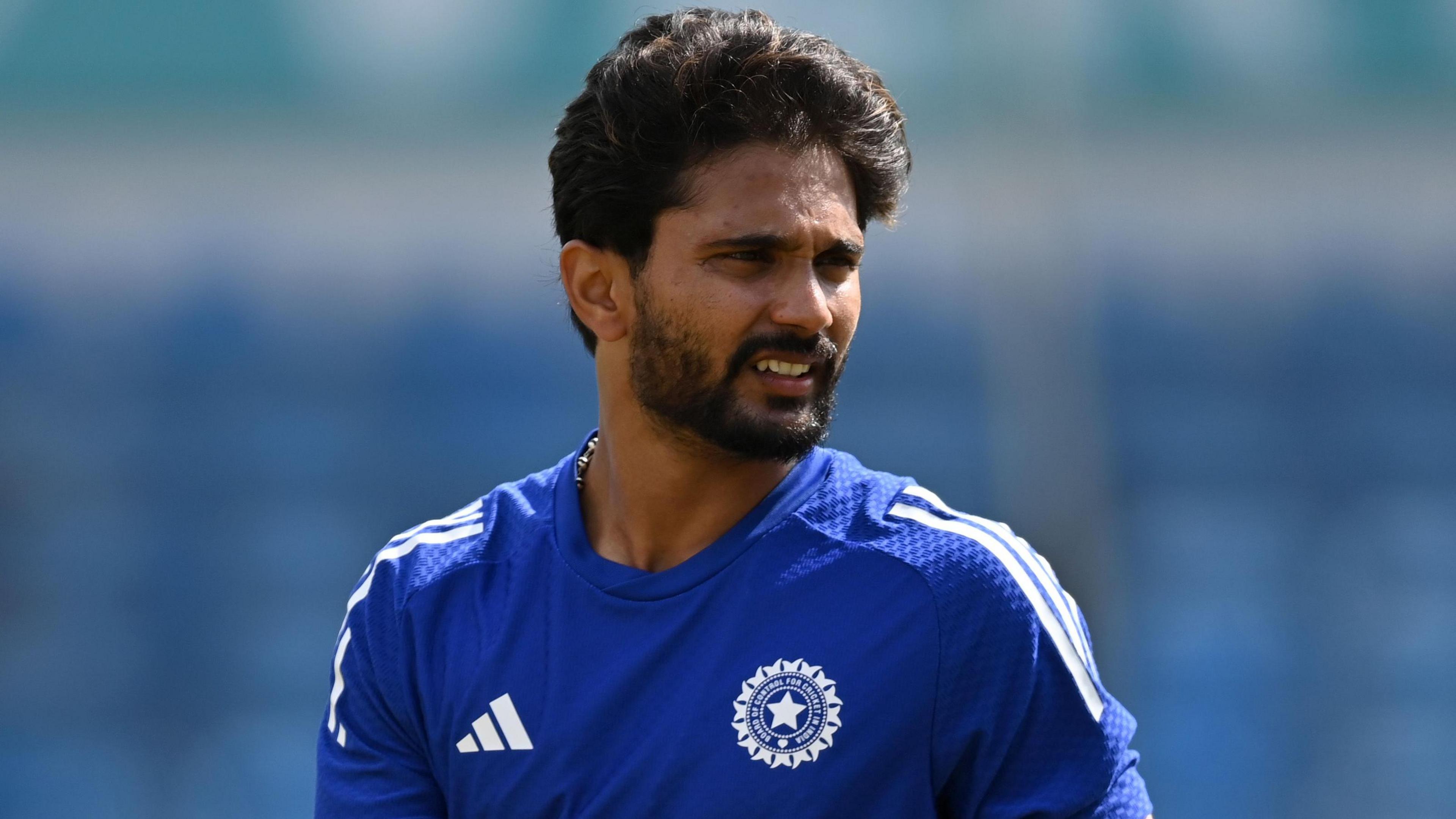Of the International Cricket Council (ICC) because he believes India makes a substantial contribution to generating revenue and fostering the global expansion of cricket.
According to the new Richard Gould, the chief executive officer of the England and Wales Cricket Board (ECB), he has endorsed the proposed financial model.
Under the proposed distribution model, the Board of Control for Cricket in India (BCCI) will receive USD 230 million over the next four-year commercial cycle, which represents 38.5% of the ICC’s annual revenues of USD 600 million. ECB (USD 41.33 million or 6.89 percent) and Cricket Australia (USD 37.53 million or 6.25 percent) followed in second and third place, respectively.
The Pakistan Cricket Board (PCB) is expected to receive USD 34.51 million (5.75 percent) of the remaining revenue, while the remaining eight full members will split the remainder. The 12 complete members will receive USD 532,84 million (88.81 percent) of the projected USD 600 million pool, while the remainder will receive USD 67,16 million (11.19 percent). associated with associate members.
The proposals, which the ICC Board will approve, have drawn criticism because they will widen the game’s financial disparity. Richard Gould supported the new ICC model, recognizing India’s contribution to revenue generation. He stated that India’s dominant position is due to their ability to “drive revenues” and “drive the sport forward,” even though margins may be adjusted.
In the most recent episode of The Final Word podcast, Gould stated, “When you see where that value is created, it’s understandable.” There may be minor adjustments in the margins, but India’s dominant position is predicated on its ability to generate revenue and advance the sport. There are four billion individuals, one sport, ten (IPL) organizations, and one international team.”
Without India, we wouldn’t have the kind of incoming revenue that we do. Richard Gould acknowledged the disparity, but took a broader view of the issue, noting that the ICC would not generate such revenues without India’s participation. He added that there is collective decision-making in India and within the ICC, as well as a genuine desire and recognition that cricket needs to be expanded.
“I understand (the financial disparity). “However, I also recognize India’s significance, as without them we wouldn’t be able to generate the kind of revenues that are entering the game,” he said. “And I believe India makes enormous efforts to be responsible partners in this endeavor, considering how much they travel around the world, bringing India everywhere they go.” I believe there is an equilibrium.
“I believe there is collective decision-making, both in India and within the ICC, and I believe there is a real determination and understanding that cricket needs to grow and be healthy around the globe.”




